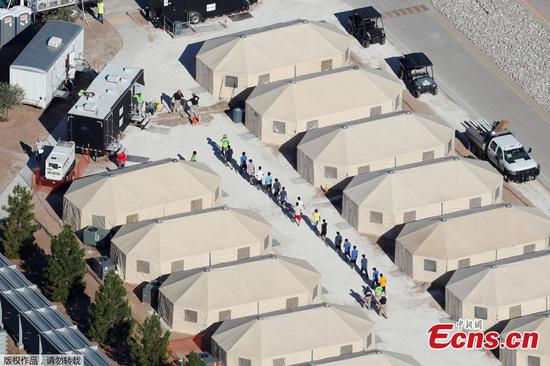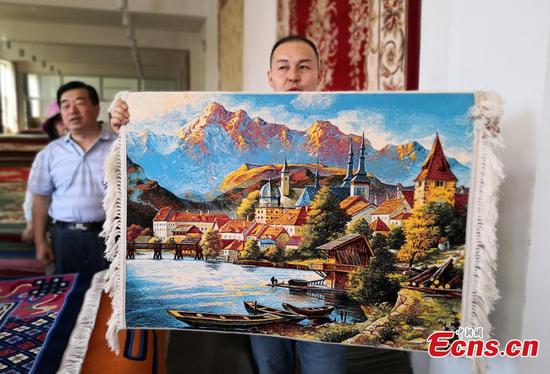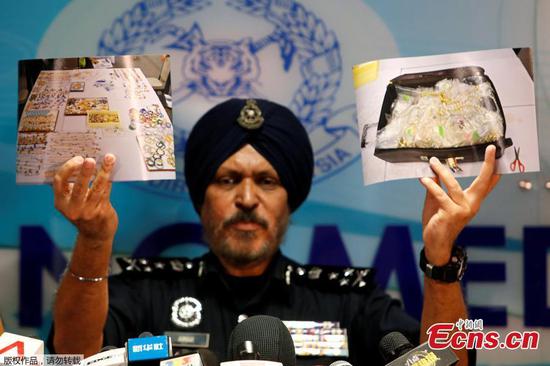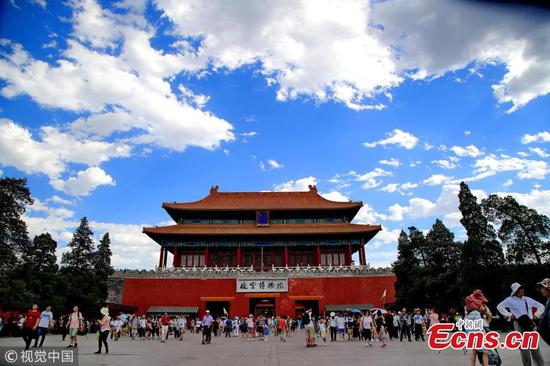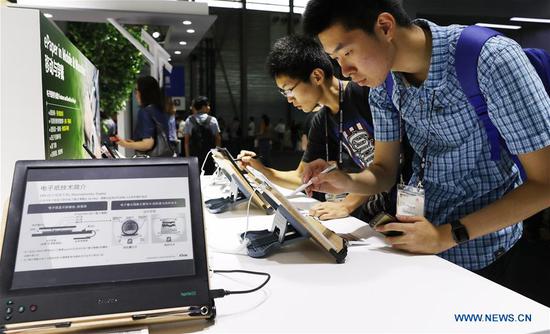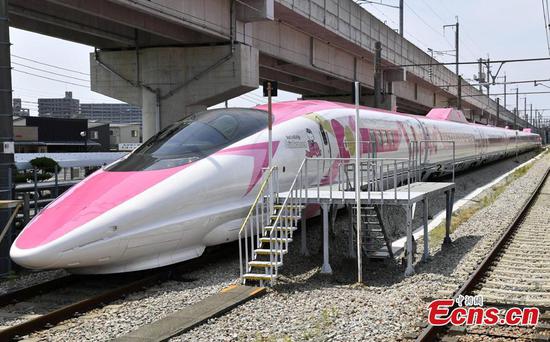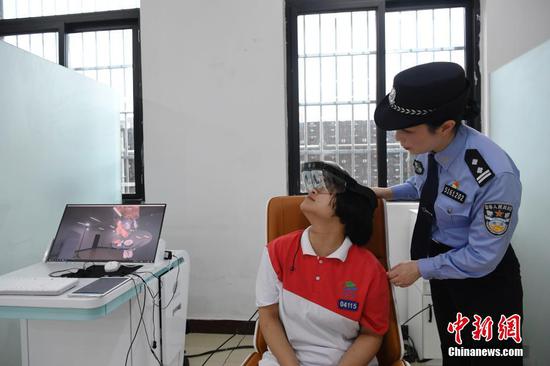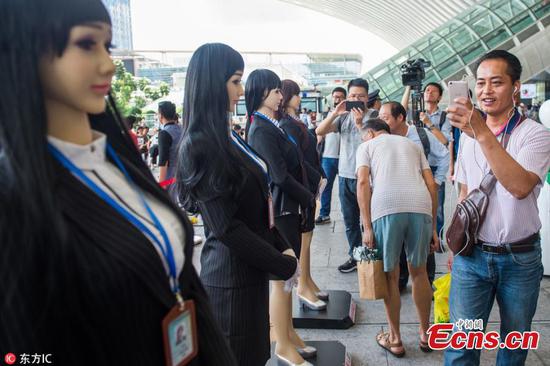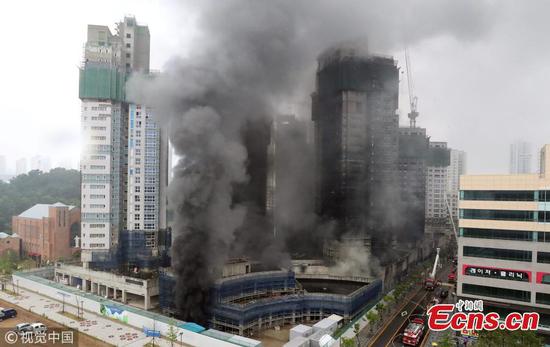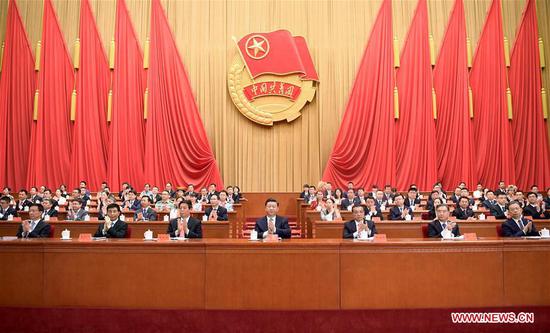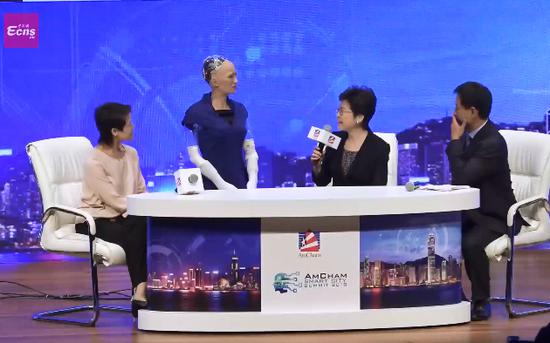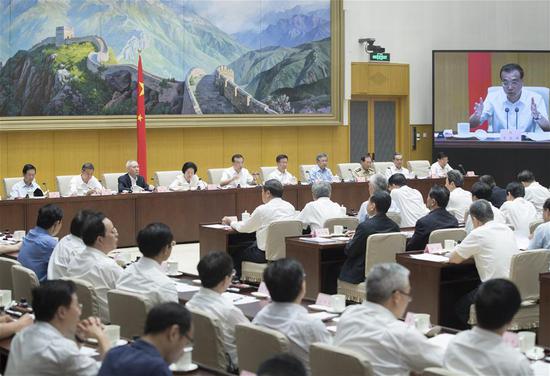
Chinese Premier Li Keqiang, also a member of the Standing Committee of the Political Bureau of the Communist Party of China (CPC) Central Committee, addresses a teleconference on the issues of streamlining administrative approvals, delegating power to lower levels and improving regulations and services in Beijing, capital of China, June 28, 2018. (Xinhua/Wang Ye)
Chinese Premier Li Keqiang said Thursday that the government should make continued efforts to streamline administrative approvals, delegating power to lower levels and improving regulations and services.
Li made the remarks during a teleconference presided over by Vice Premier Han Zheng, also a member of the Standing Committee of the Political Bureau of the Communist Party of China (CPC) Central Committee.
The reform to cut red tape, delegate power and improve regulations and services is "a reform of the government itself like a blade facing inward" and also a strategic move to push forward government function transformation and stimulate market vitality, Li said.
Over the past five years, efforts in this respect have promoted entrepreneurship and innovation, and ensured steady economic growth and employment, Li said.
In the next five years, such efforts must be continued to raise the efficiency of government services, create a business environment featuring fair competition, and further unleash market vitality and the potential of domestic demand, Li said.
To that end, more concrete measures will be taken to cut red tape and improve regulation and services, the premier said.
Within five years, the time required for setting up a company will be cut to five working days, and the time for approving construction projects and for foreign trade customs clearance will be halved.
Li added that a unified negative list for market access will be implemented across the country, taxation and fees will be further reduced, and effective investment will be raised through bettering the business environment.
The government will also take concrete measures to improve supervision in pursuit of fairness and order, and optimize government services for the sake of convenience and service quality, Li said.










